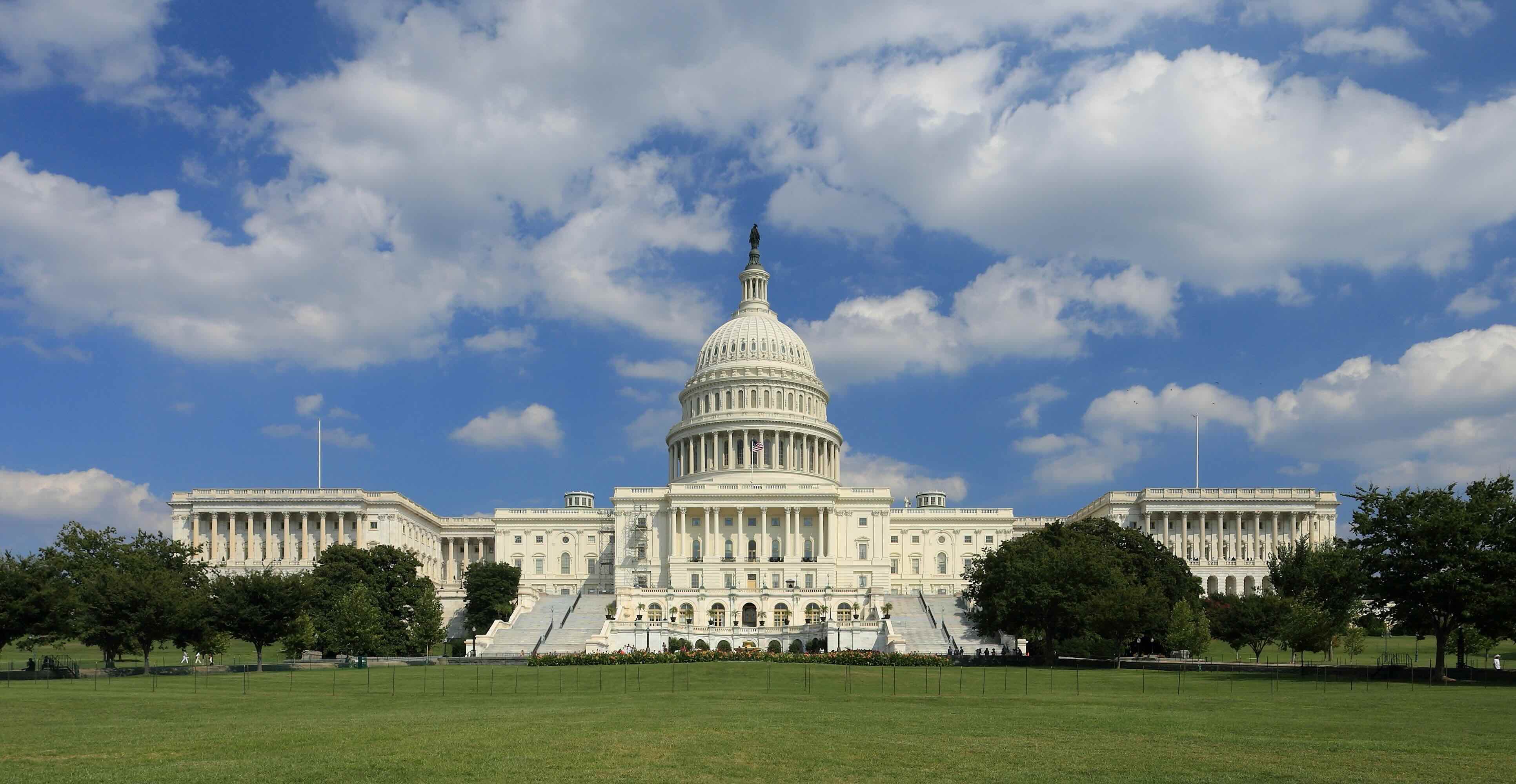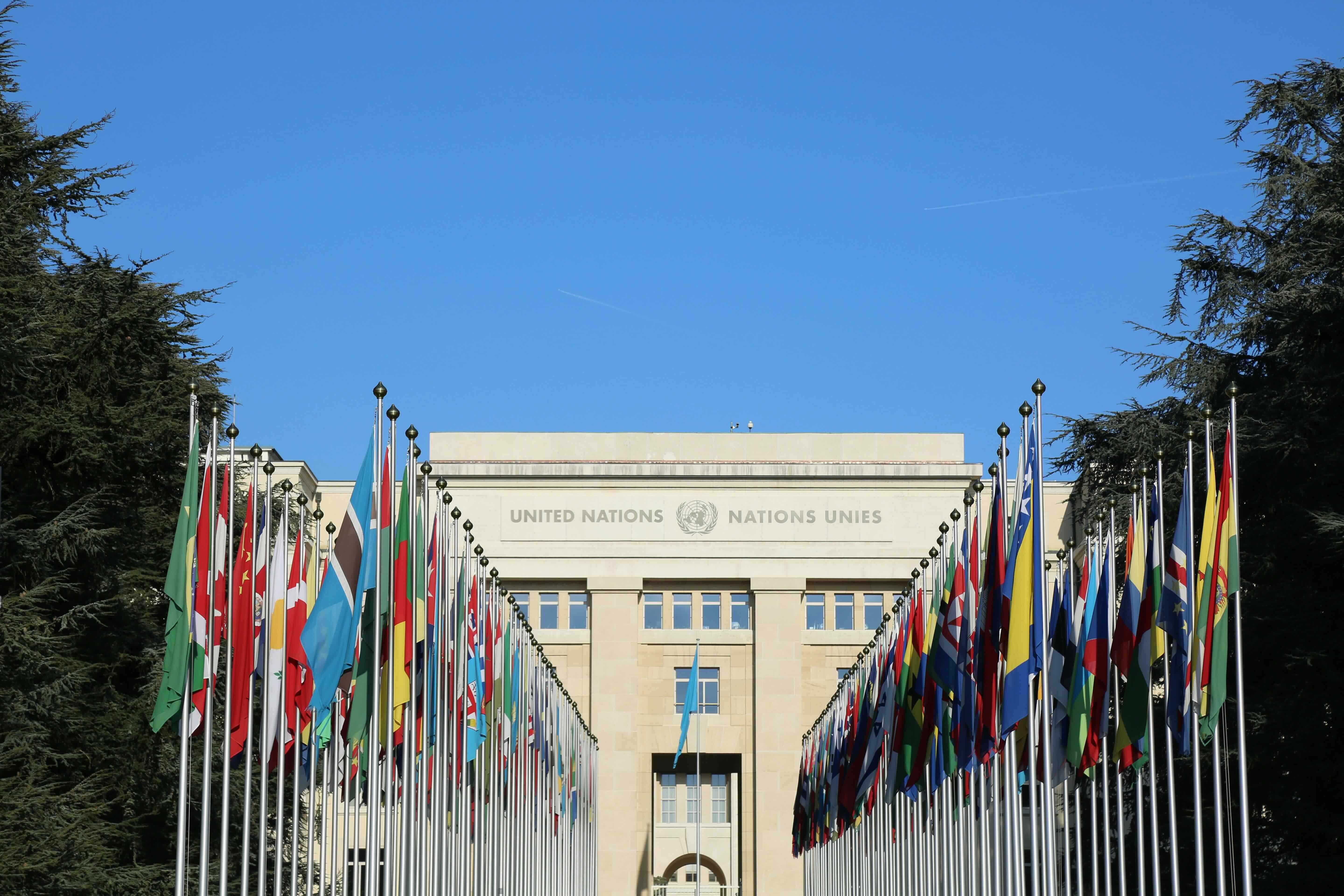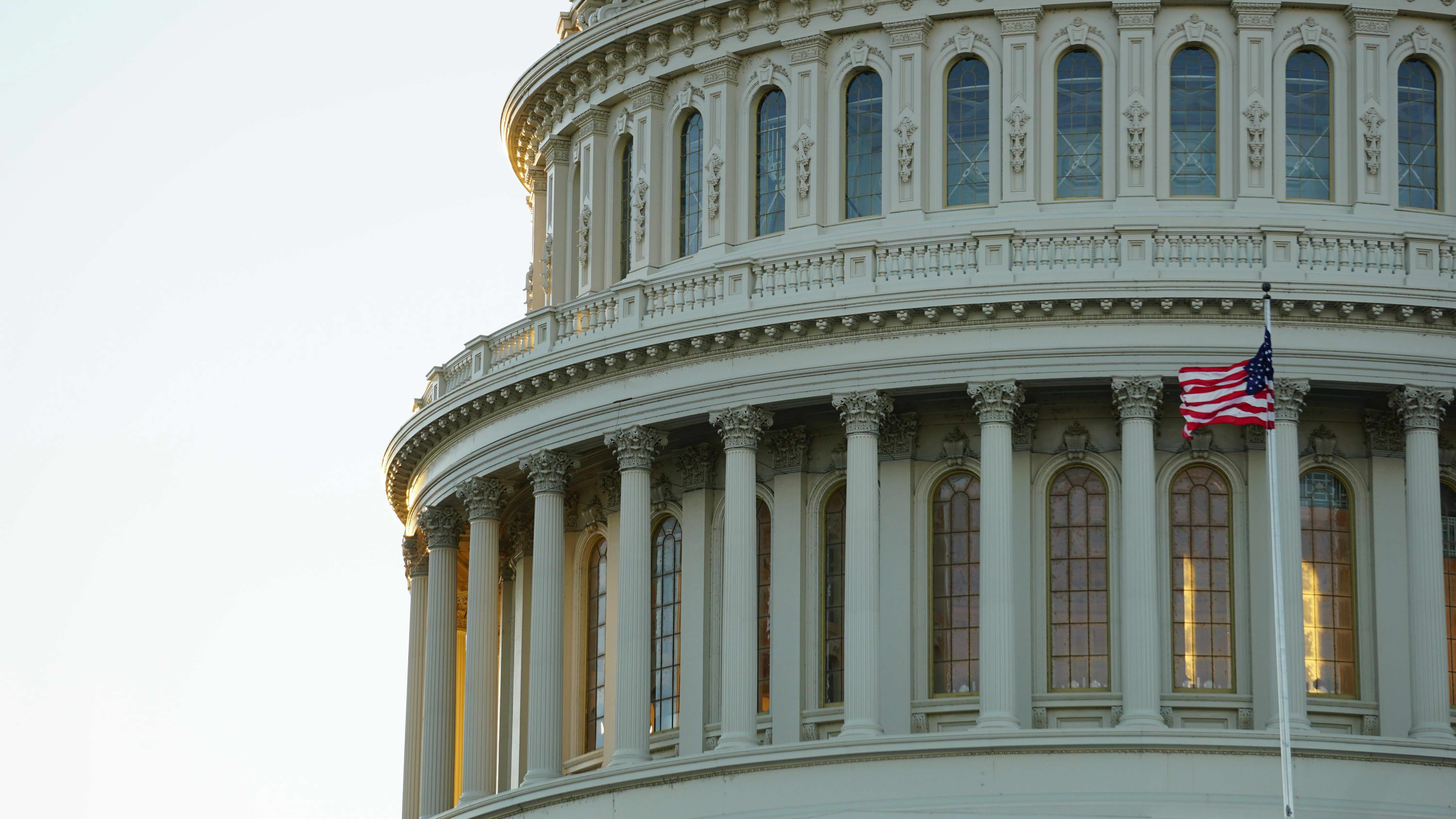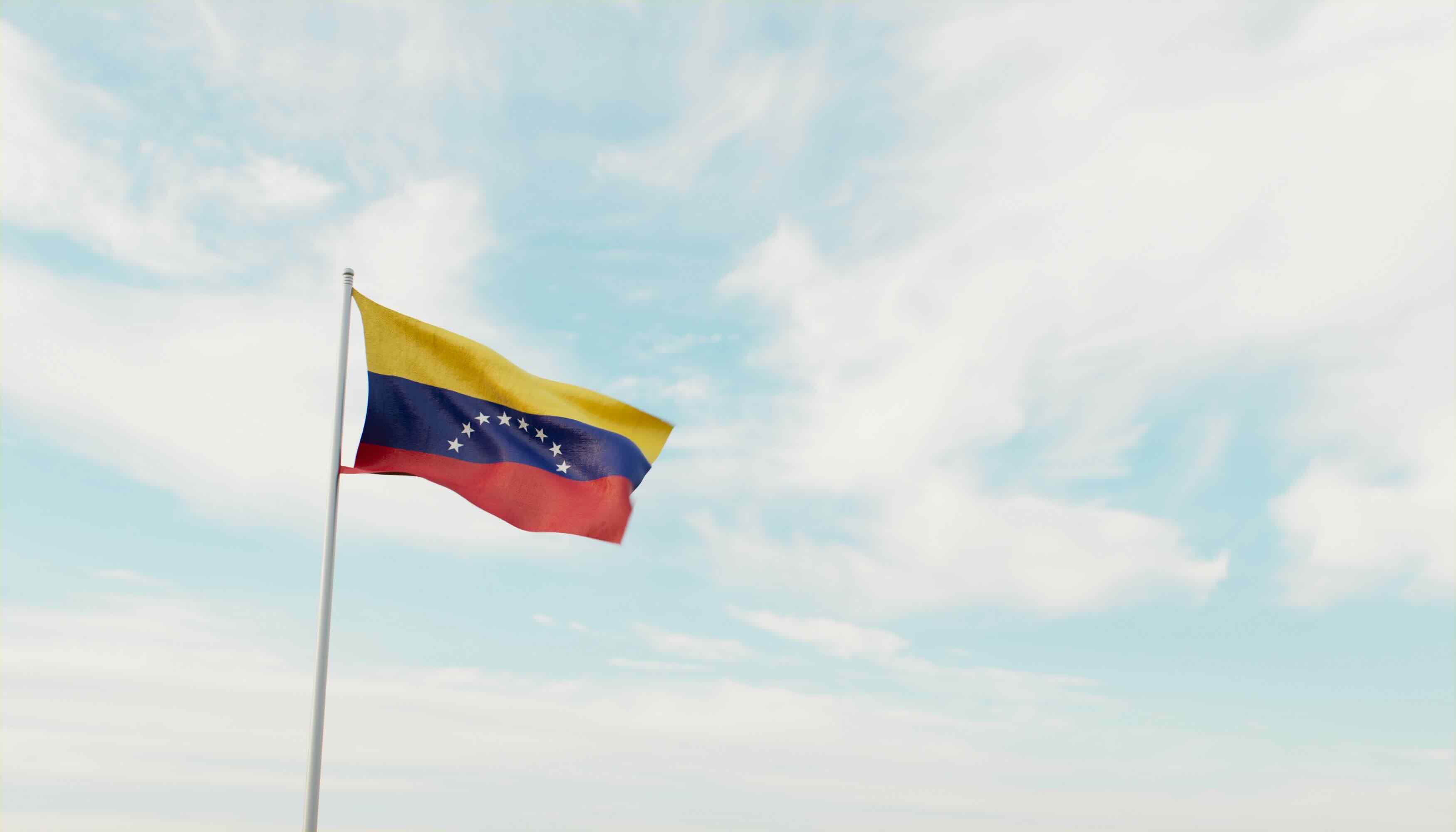Human Rights and Financial Freedom: Bitcoin’s Impact in Myanmar, Thailand, and Laos
Bitcoin enables financial freedom in Myanmar, Thailand, and Laos by helping individuals protect assets, access aid, and conduct trade despite authoritarian control, banking exclusion, and currency instability.
.jpeg)
Introduction
Southeast Asia, a region characterized by its rich cultural heritage and dynamic economic landscape, remains underrepresented in United States foreign policy discourse. Nations such as Burma (also known as Myanmar), Thailand, and Laos grapple with substantial obstacles that impede human rights and economic development. According to the 2024 World Press Freedom Index, Laos ranks 153rd out of 180 countries, reflecting severe restrictions on freedom of expression. Similarly, the 2024 Corruption Perceptions Index places Laos at 114th, indicating pervasive corruption that undermines equitable governance. Burma contends with ongoing conflict and economic decline, affecting millions, while Thailand, despite its tourism-driven prosperity, faces rural-urban disparities that restrict banking access. These challenges disproportionately impact marginalized populations, exacerbating social and economic inequalities.
Bitcoin, a decentralized digital currency, offers a novel solution by enabling direct peer-to-peer transactions independent of traditional banking systems. This feature is particularly valuable in contexts where governmental control over financial institutions limits individual autonomy or where currency devaluation erodes savings. The study explores Bitcoin's application across Burma, Thailand, and Laos, analyzing how local communities leverage this technology to resist authoritarian measures, preserve wealth, and foster resilience. Through a detailed examination of these cases, this paper highlights Bitcoin's potential to advance human rights and financial inclusion.
Read the full study HERE



.svg)





